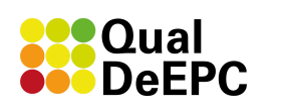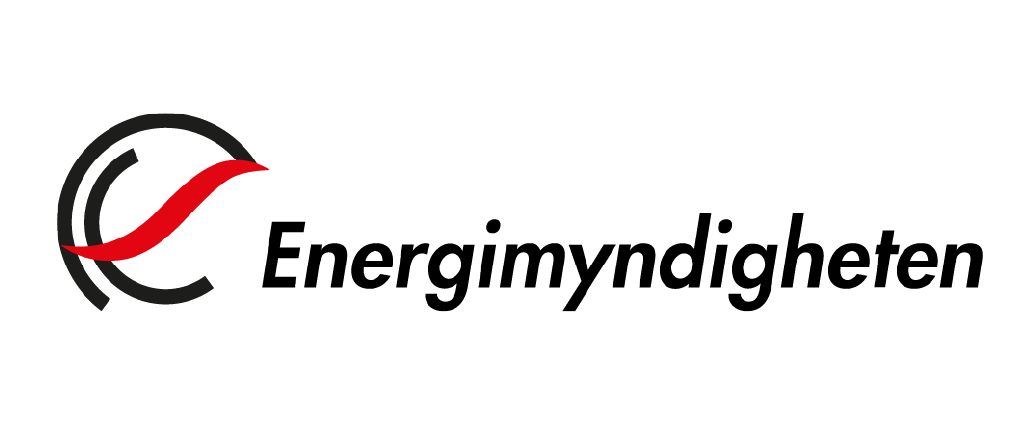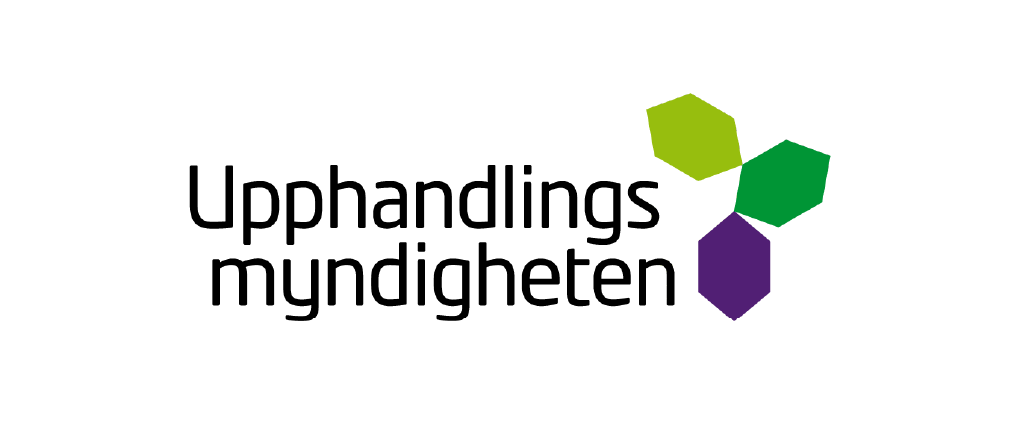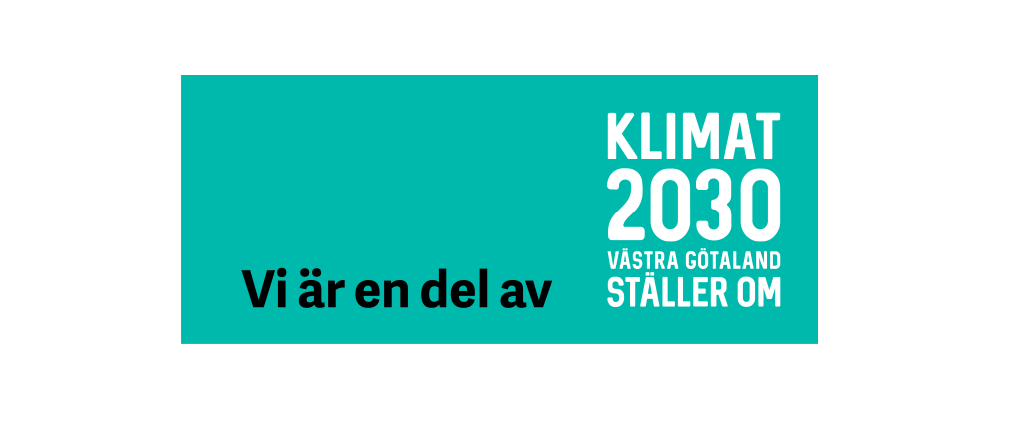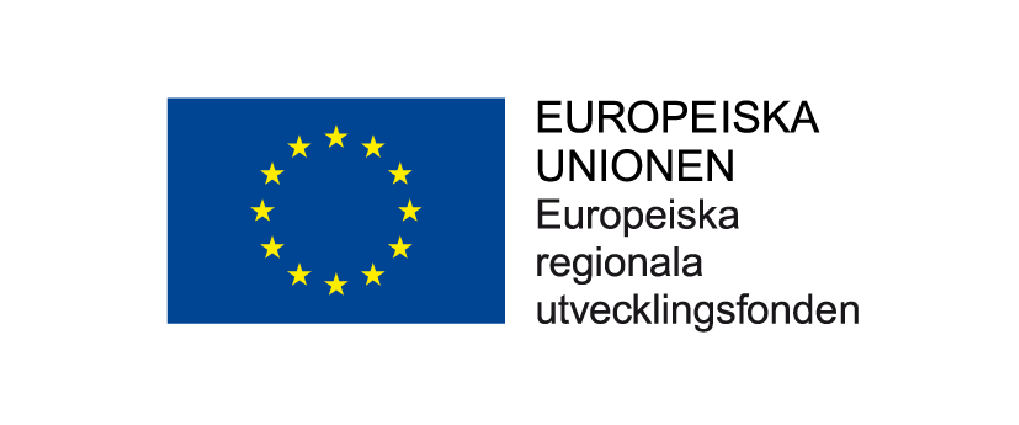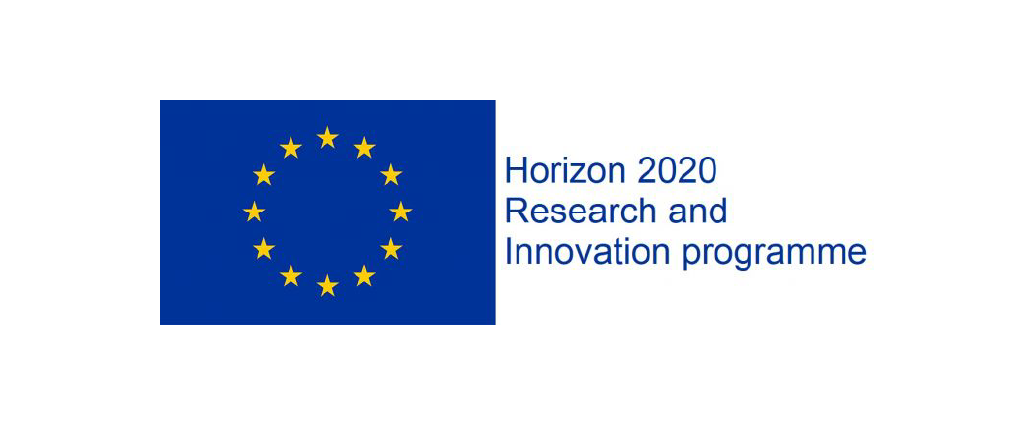D2.4 Development Strategy Plan for the development of next generation EPC schemes
- Utgivare: QualDeEPC
- År: 2020
- Nummer: D2.4
- Författare: Åsa Wahlström, Maria Haegermark
- Typ: Rapport
This document presents the Development Strategy Plan, which will be guiding the development of next-generation EPC schemes in WP3 of the QualDeEPC project. The work for establishment of this Development Strategy Plan has been structured in the following steps:
- Selection of the priorities for development, based on a set of criteria and the outcomes of the previous tasks;
- Analysis of the concrete needs for development of EPCs, EPC schemes and processes, and tools related to the selected priorities, both in general and for the seven EU member states represented in the QualDeEPC consortium,
- Proposal of indicators for monitoring the success of the development phase (including the testing in WP 4), and
- Drafting the Development Strategy Plan and discussion with the European Commission as well as national authorities and certification bodies.
Among the elements of the overall common vision developed in Task 2.2, the Development Strategy Plan sets priorities for which elements the project will develop further and towards which outcome, serving which purpose.
The Development Strategy Plan also encompasses the country situation and needs as found by the consortium partners in Task 2.3, where the gaps and shortcomings in the current EPC schemes in the QualDeEPC country partners, and national priority approaches to their resolution were analysed. The Development Strategy Plan thereby also addresses the country-specific development needs for the selected priorities. The Development Strategy Plan will thus provide the guidance for WP 3 for the development phase and to draft an enhanced EPC scheme as well as the tools needed, and specifically the Deep Renovation Network Platforms, and also for the testing in WP 4.
About the project
Energy Performance Certificates (EPC), regulated by the EU’s Energy Performance of Buildings Directive (EPBD), are an important instrument to enhance the market uptake of energy-efficient new buildings and the energy-efficient renovation of existing buildings. The Horizon2020 funded project QualDeEPC will work on EU-wide convergence of the building assessment and the issuance, design, and use of quality-enhanced EPCs as well as their recommendations for building renovation. The aim is to make these recommendations coherent with deep energy renovation towards a nearly-zero energy building stock by 2050.
Åsa Wahlström and Maria Haegermark are CIT Energy Managements key representatives in the project
